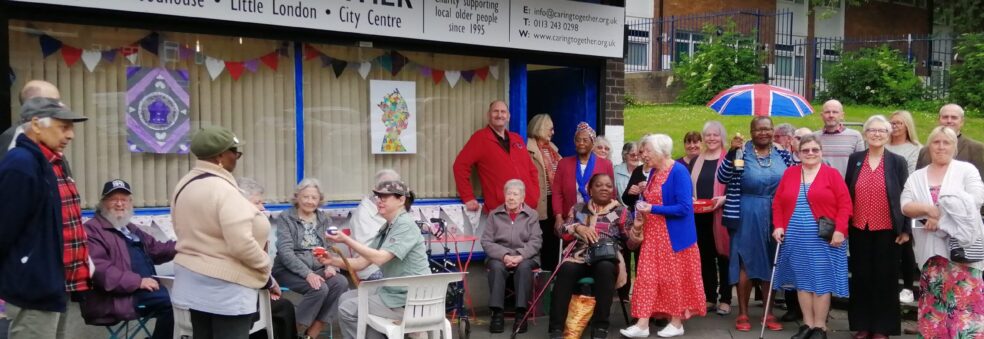Because I’m a very slow reader, I decided soon after I started reading proper books as a teenager, that I should never read the same book twice, on the grounds that life wouldn’t be long enough for re-reading, particularly since we were all due to be destroyed by a nuclear bomb.
Which was a reasonable resolution until the pandemic closed all the bookshops and left me staring blankly at piles of books I should have donated to charity decades ago.
There are a few books, like War and Peace or The Brothers Karmarazov, which I’ll never read again but which I leave on my bookshelves as a mark of respect for their greatness and also to impress visitors, which were things we used to have in the olden days.
I’ve broken my rule against re-reading only twice; once when I re-read Muriel Spark’s The Prime of Miss Jean Brodie because I came across an old copy by accident and remembered that it has a breath-taking ending which only works if you start on page one, and (twice) when I went again through the thousand-or-so pages of Charles Dickens’s Bleak House because, although it struck me at the time as the best novel I’d ever read, I couldn’t quite remember what it was about.
Which, even after the re-reading, I still couldn’t because it’s arranged around a fictional chancery court case called Jarndice v Jarndice, which ruins many lives and comes to nothing at all because, by the time it’s settled , all the money the litigants had been hoping for has been gobbled up by lawyers’ fees.
It’s really more of a shaggy-dog story than then a plot, although, around the black hole which is Jarndice v Jarndice, every page is teeming with life, creating a super-vivid picture of Victorian society which takes in everybody from the landed gentry of Lincolnshire to a boy who is making a scant living out if sweeping away horse dung from a London street-crossing.
Which is not to mention Mrs Jellyby, who is so concerned with the plight of African villagers that she fails to notice that her own neglected children spend much of their time falling down stairs out of windows, or Inspector Bucket, the first proper detective in English literature, or lawyers with creepy names like Mr Vholes.
There’s also Krook, a rag-and-bone merchant who dies by spontaneous combustion, Miss Flite, who has gone mad through thinking too much about the law, and a whole crowd of characters not normally encountered in polite fiction, such as Guster, a workhouse girl who has seizures when alarmed, which happens often because her employer is an hysterical alarmist, or Phil Squod, a disabled shooting gallery attendant who can only walk if he has a wall to lean on.
Half the Bleak House characters would now only appear if accompanied by a helpline number and a solemn announcement starting “If you have been affected…”, as if being affected might be a dangerous thing rather than the whole point of getting lost in a book.
Coincidentally, just after writing this piece, I saw, in The Guardian, that Nigella Lawson regularly re-reads David Copperfield because it’s a great book which “always bowls me over afresh”. I really think that if busy Nigella can find the time to both reorganise the nation’s eating habits and re-read Dickens, I’ve got no excuse for not returning to my second-favourite Dickens novel, Little Dorrit.
Thank you once again Oliver and Merry Christmas, until next time….

